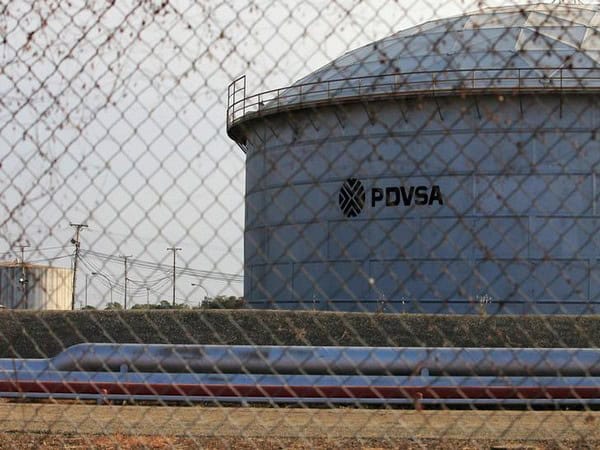Washington: The United States on Sunday appreciated India’s efforts adding to Washington’s sanctions to restrict exports of Venezuelan oil in the global energy market.
“I would say that we have had contacts with Indian companies and with the Government of India and that we have found there to be a very considerable amount of cooperation, which we are very happy to see,” Sputnik quoted US Special Representative for Venezuela Elliott Abrams as saying.
The statement comes after several Indian companies stopped importing oil from Venezuela after Washington urged oil refineries around the world to cut their dealings with Caracas or face sanctions themselves.
The move comes after the US slapped additional sanctions on Venezuela’s oil industry earlier this year to weaken President Nicolas Maduro’s government.
Earlier, the US had implemented sanctions against Venezuela’s Petroleos de Venezuela (PDVSA) state oil company, blocking the company’s assets, worth USD seven billion, and pressuring other companies to cut ties with the firm until March 11. The deadline, however, was later extended until May 10.
Due to the sanctions, Venezuela’s overall exports of crude oil and fuel reportedly dropped to 920,000 barrels per day in the first month of sanctions, roughly 30 per cent less than the 1.5 million barrels per day (bpd) traded in the prior three months.
Meanwhile, President Maduro claimed that the US wants “to unleash an ‘oil war’ to invade our homeland and rule here”.
The South American nation has been reeling with a political as well as a humanitarian crisis since the beginning of this year when Opposition leader Juan Guaido declared himself President on January 26.
The US, along with 50 other countries recognised Guaido as the legitimate President, however, Russia, China, Cuba, and Bolivia have voiced their support for Maduro.
However, Maduro shows no signs of losing the critical support of elites and the military.
Rampant inflation, along with food scarcity and blackouts have gripped Venezuela under Maduro, while thousands of localities fled to the neighbouring countries as shortages, political turmoil, and crime rates have soared.
[source_without_link]ANI[/source_without_link]

